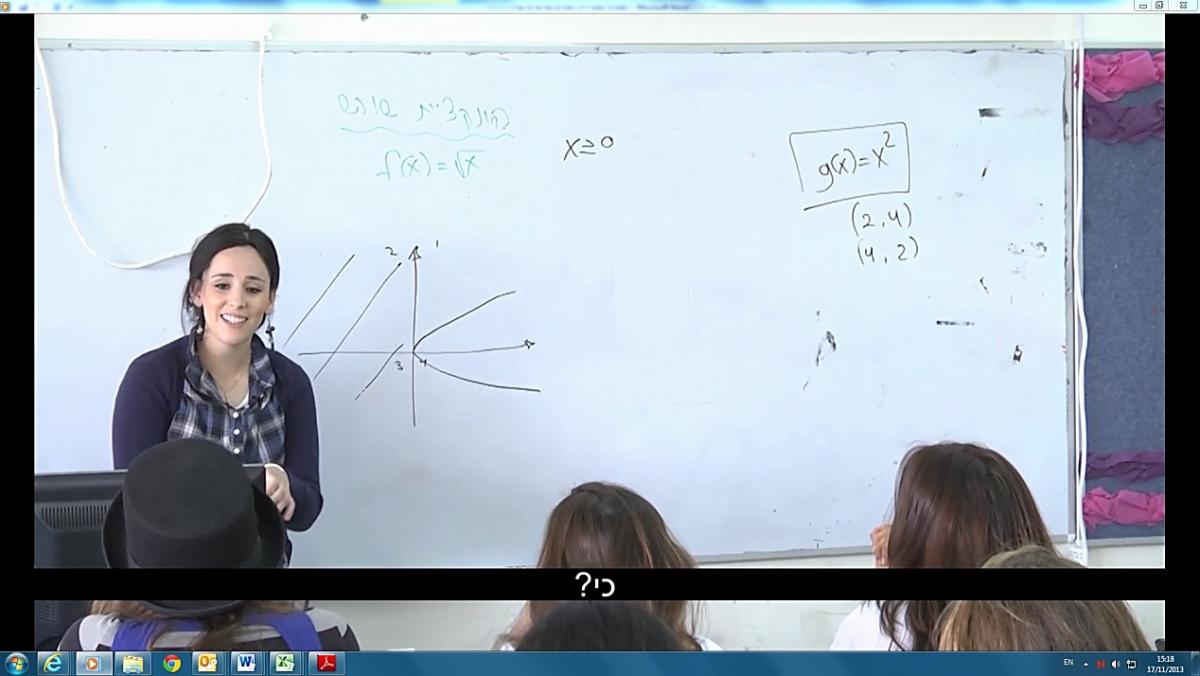Building an initial collection of 25 filmed lessons was just the first step. A team of experienced educators was recruited to edit and transcribe the films and put together a “viewer’s guide for teachers.” Then a group of leading teachers was invited to view the films with a professional eye. They were asked, for instance, to pay attention to various aspects of the lesson: What are the mathematical concepts being taught? What are the teacher’s goals, and how are they met? What is the nature of the tasks and activities introduced by the teacher? How is the lesson planned and delivered? How is student participation directed? Can the teacher’s decision processes, as well as explicit or tacit messages about mathematics, be tracked? “The idea is not to judge or even instruct,” says Karsenty, “but to develop awareness and self-reflection by watching others.”
Already in its first year of operation, VIDEO-LM, which is supported by the Trump Foundation, has been enthusiastically received – by math teachers as well as Israel’s Ministry of Education and education professionals around the world. Future plans for the program include expanding the video collection to include a larger variety of ages, subjects, levels and teaching styles; and creating local teacher groups to view and discuss the films. A planned Internet site will enable other teachers to view the videos on their own, with online guides and an opportunity to chat, share and respond to the filmed lessons through talkbacks.
As the network of people participating in the program continues to grow, the program heads are already planning their second international conference on training math teachers through video viewing, in collaboration with leaders in the math education field. They believe that this concept has the potential to quickly become an effective and popular tool for many teachers.

